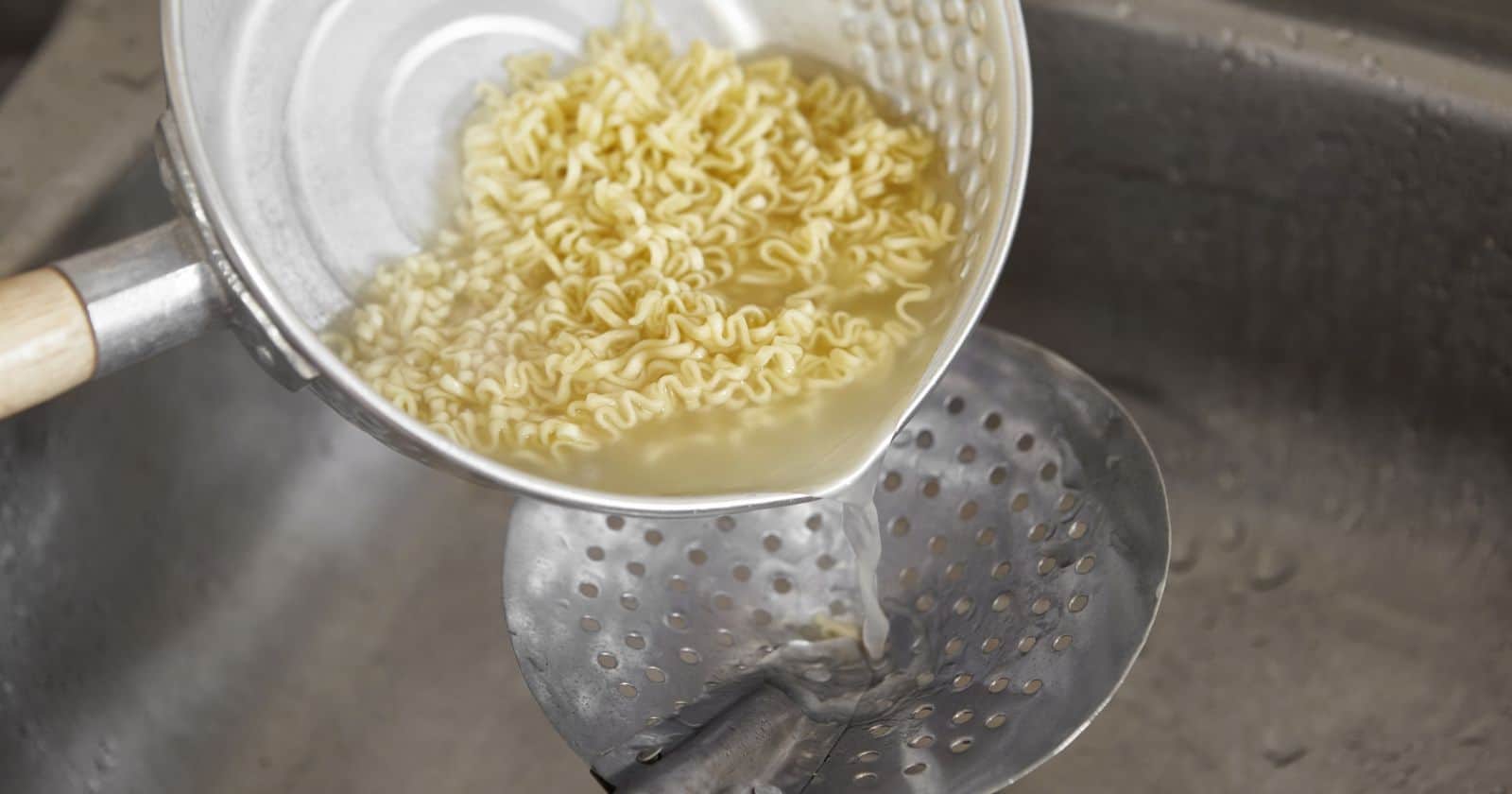Noodles are a staple food enjoyed by millions around the globe. However, recent recalls have raised concerns about food safety and the potential health risks associated with certain noodle products. In this article, we will delve into the details of noodle recalls, explore the reasons behind these recalls, and provide you with essential information to keep your pantry safe. Our aim is to ensure that you are well-informed about the noodles you consume and the precautions necessary to protect your health.
In the wake of increased food safety awareness, it is essential to stay updated on which noodle products may be affected by recalls. This is particularly important for families and individuals who frequently consume noodles as part of their diet. The landscape of food production is constantly evolving, and manufacturers must adhere to stringent regulations to ensure product safety. In this article, we will highlight significant noodle recalls, what consumers should look out for, and how to respond if you have purchased a recalled product.
Whether you are a casual noodle lover or a culinary enthusiast, understanding the implications of food recalls is crucial. With the right knowledge, you can make informed choices and safeguard your health. Let's explore the current noodle recalls, their causes, and what you can do to stay safe.
Table of Contents
- Overview of Noodle Recalls
- Recent Noodle Recalls
- Common Causes of Noodle Recalls
- What to Do If You Have Recalled Noodles
- Preventive Measures for Consumers
- Impact of Recalls on Consumers
- Noodle Safety Tips
- Conclusion and Takeaways
Overview of Noodle Recalls
Noodle recalls occur when certain products are found to pose a risk to consumer health. These recalls can happen for various reasons and may involve different types of noodles ranging from instant ramen to fresh pasta. It is essential for consumers to stay informed about these recalls to avoid potential health issues.
Recent Noodle Recalls
Several noodle products have recently been recalled due to safety concerns. Here are some notable examples:
- Brand A Instant Noodles: Recalled due to contamination with salmonella.
- Brand B Rice Noodles: Recalled for undeclared allergens, specifically peanuts.
- Brand C Egg Noodles: Recalled due to the presence of foreign materials in the packaging.
These recalls serve as a reminder of the importance of checking product labels and being aware of any updates from food safety authorities.
Common Causes of Noodle Recalls
Understanding the causes of noodle recalls can help consumers recognize potential risks. Some common causes include:
- Contamination with harmful bacteria (e.g., salmonella, E. coli).
- Undeclared allergens that pose a risk to sensitive individuals.
- Foreign materials found in products, such as plastic or metal fragments.
- Mislabeling of ingredients or nutritional information.
Food Safety Regulations
Food safety regulations require manufacturers to adhere to strict standards to minimize risks. Regular inspections and testing are crucial in preventing contaminated products from reaching consumers.
What to Do If You Have Recalled Noodles
If you discover that you have purchased a recalled noodle product, it is essential to take immediate action:
- Check the product label for the recall information.
- Do not consume the product; dispose of it safely.
- Contact the manufacturer for further instructions or possible refunds.
Preventive Measures for Consumers
To minimize the risk of consuming recalled noodles, consider the following preventive measures:
- Regularly check for recall announcements from food safety authorities.
- Store noodles properly to prevent contamination.
- Be cautious when purchasing products from unfamiliar brands.
Impact of Recalls on Consumers
Noodle recalls can significantly impact consumers, leading to health concerns and financial losses. It is crucial to remain vigilant and proactive in ensuring food safety for you and your family.
Noodle Safety Tips
Here are some useful tips to ensure the noodles you consume are safe:
- Always check expiration dates before purchasing.
- Read labels thoroughly for allergen information.
- Cook noodles according to package instructions to eliminate pathogens.
Conclusion and Takeaways
In conclusion, staying informed about noodle recalls is vital for protecting your health and the health of your loved ones. By understanding the causes of recalls and taking appropriate actions, you can minimize risks associated with noodle consumption. Remember to regularly check for updates on food safety recalls and follow best practices for food safety.
We encourage you to share your thoughts in the comments below, and don't hesitate to spread the word about noodle safety with your friends and family. For more informative articles, be sure to check out our other content!
Thank you for reading, and we hope to see you back on our site soon!




